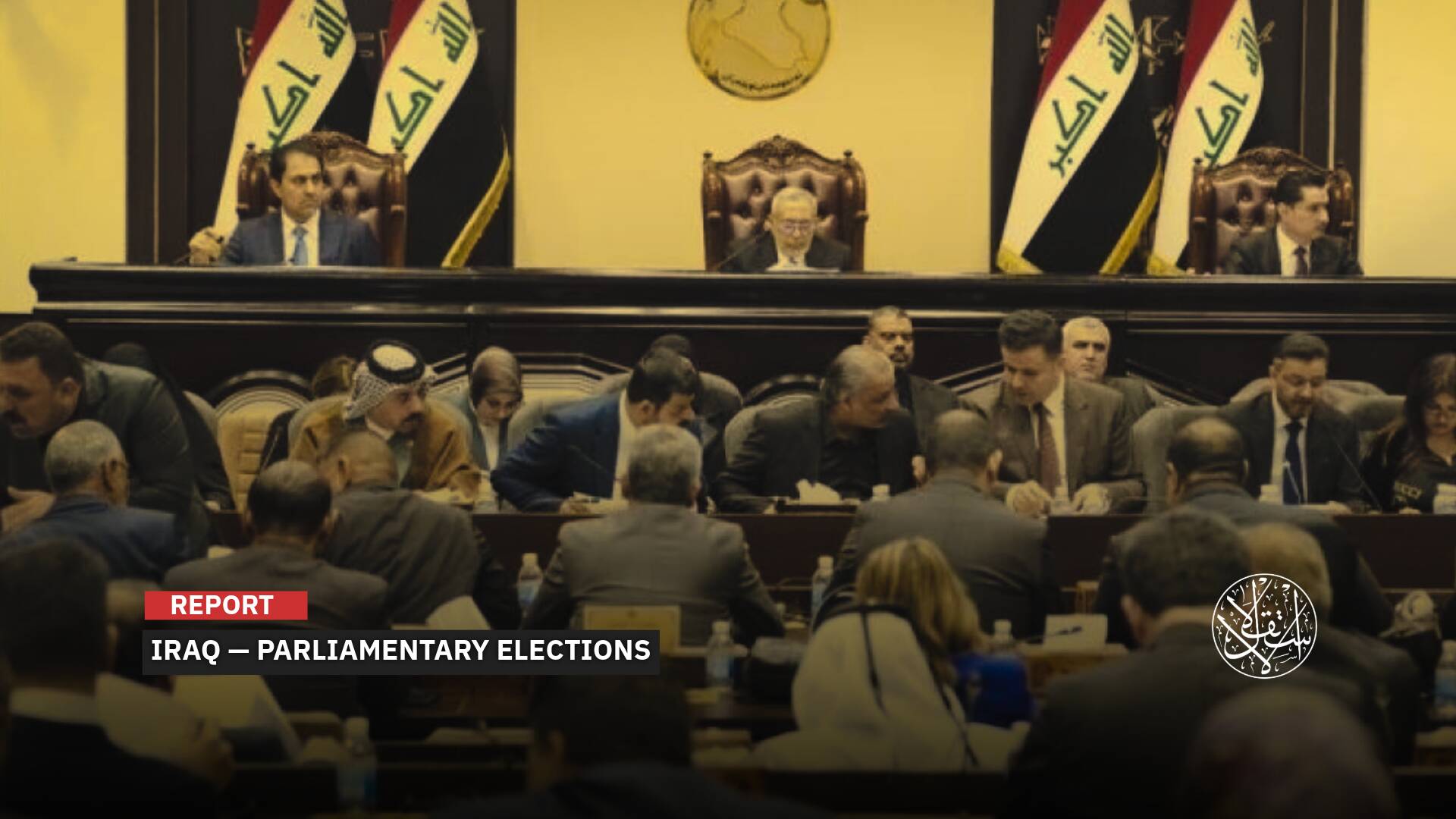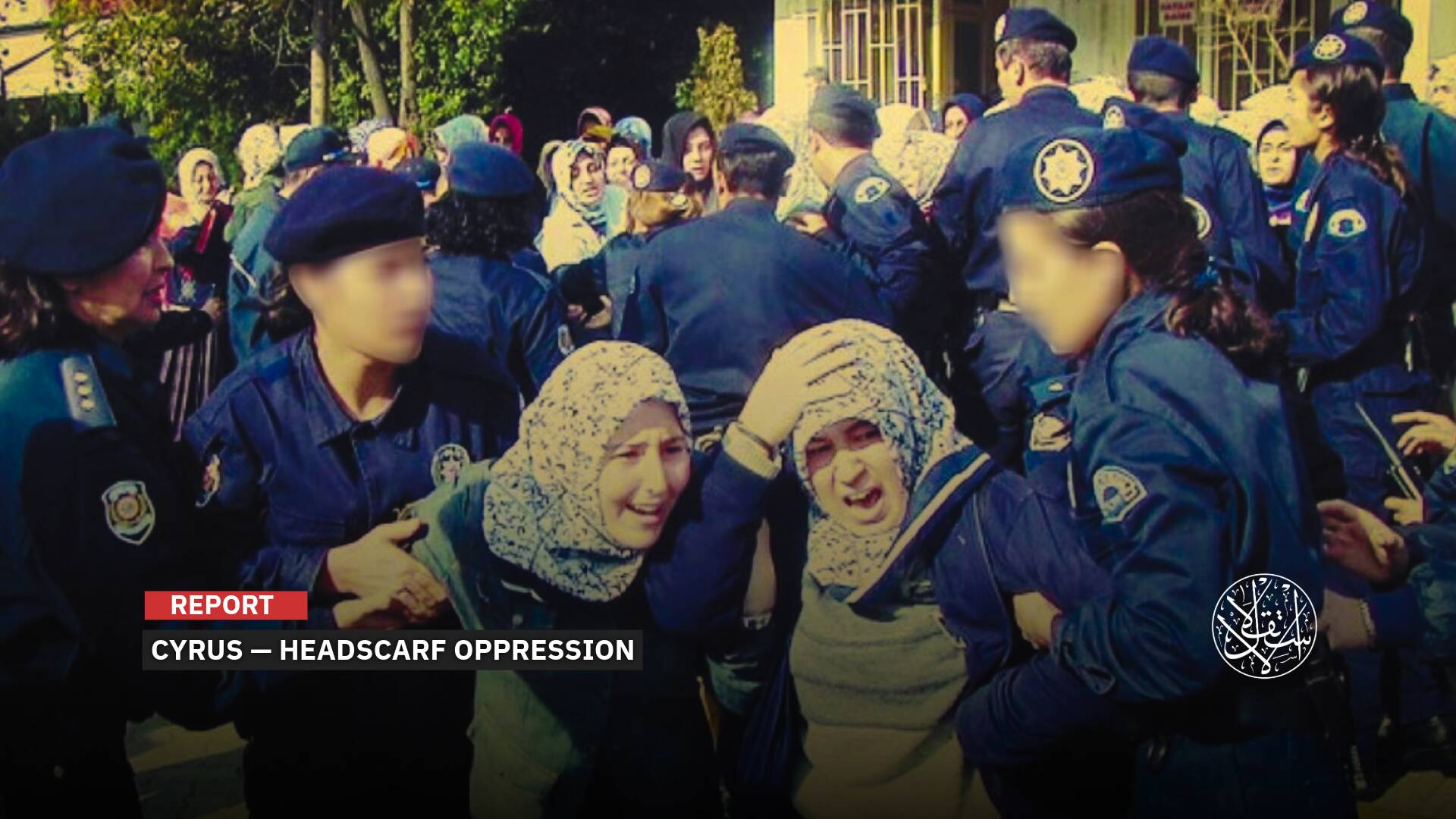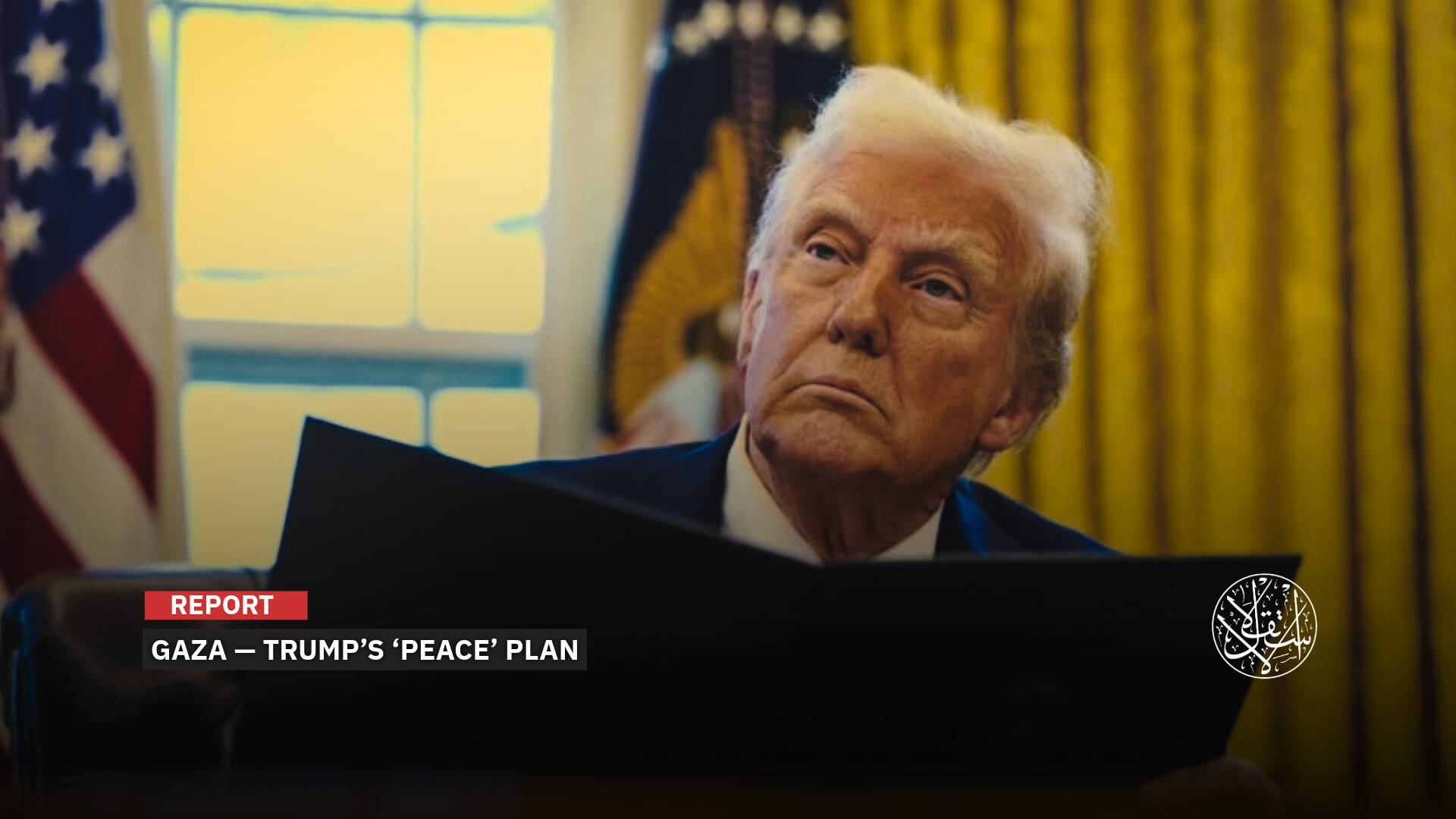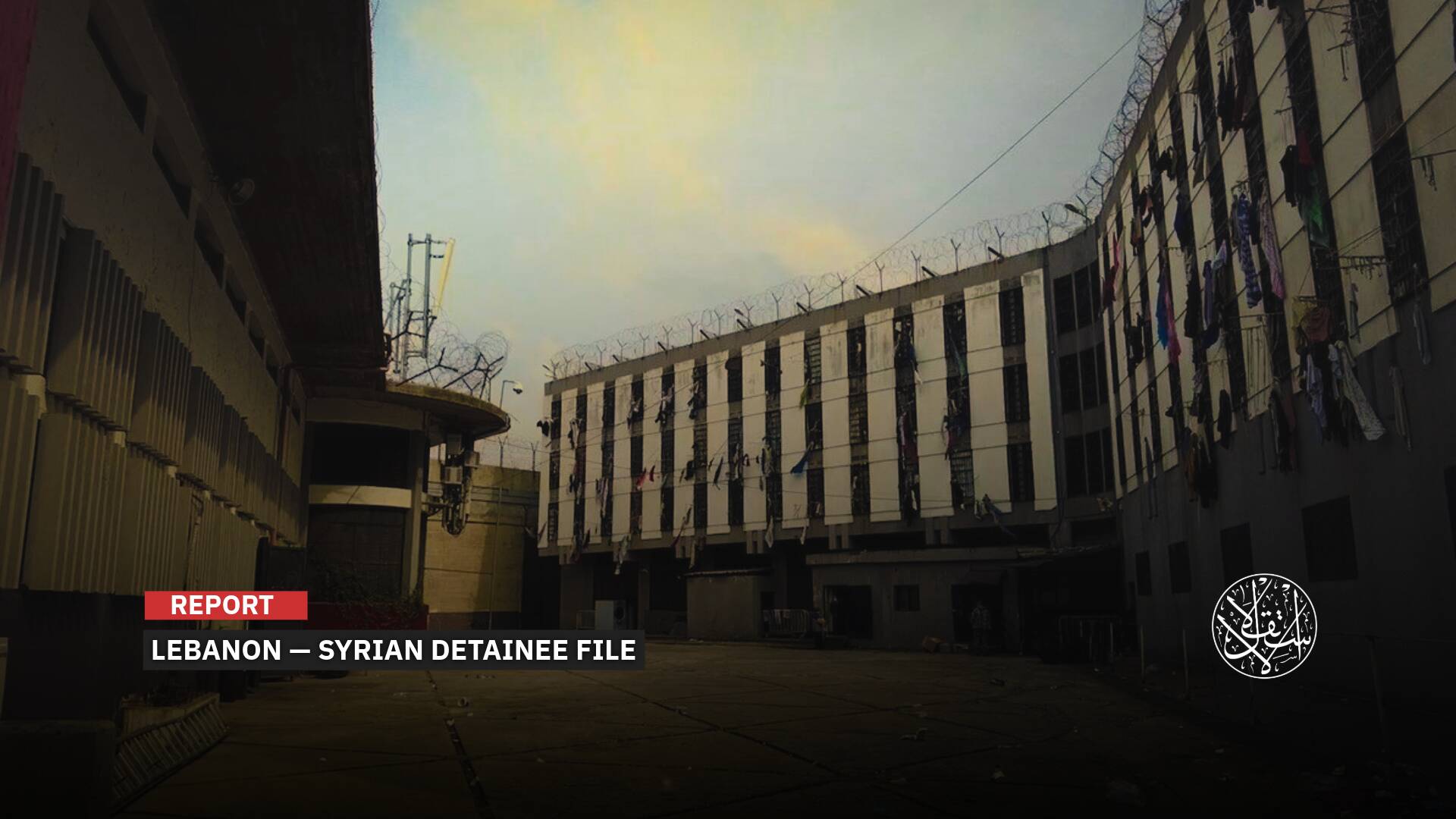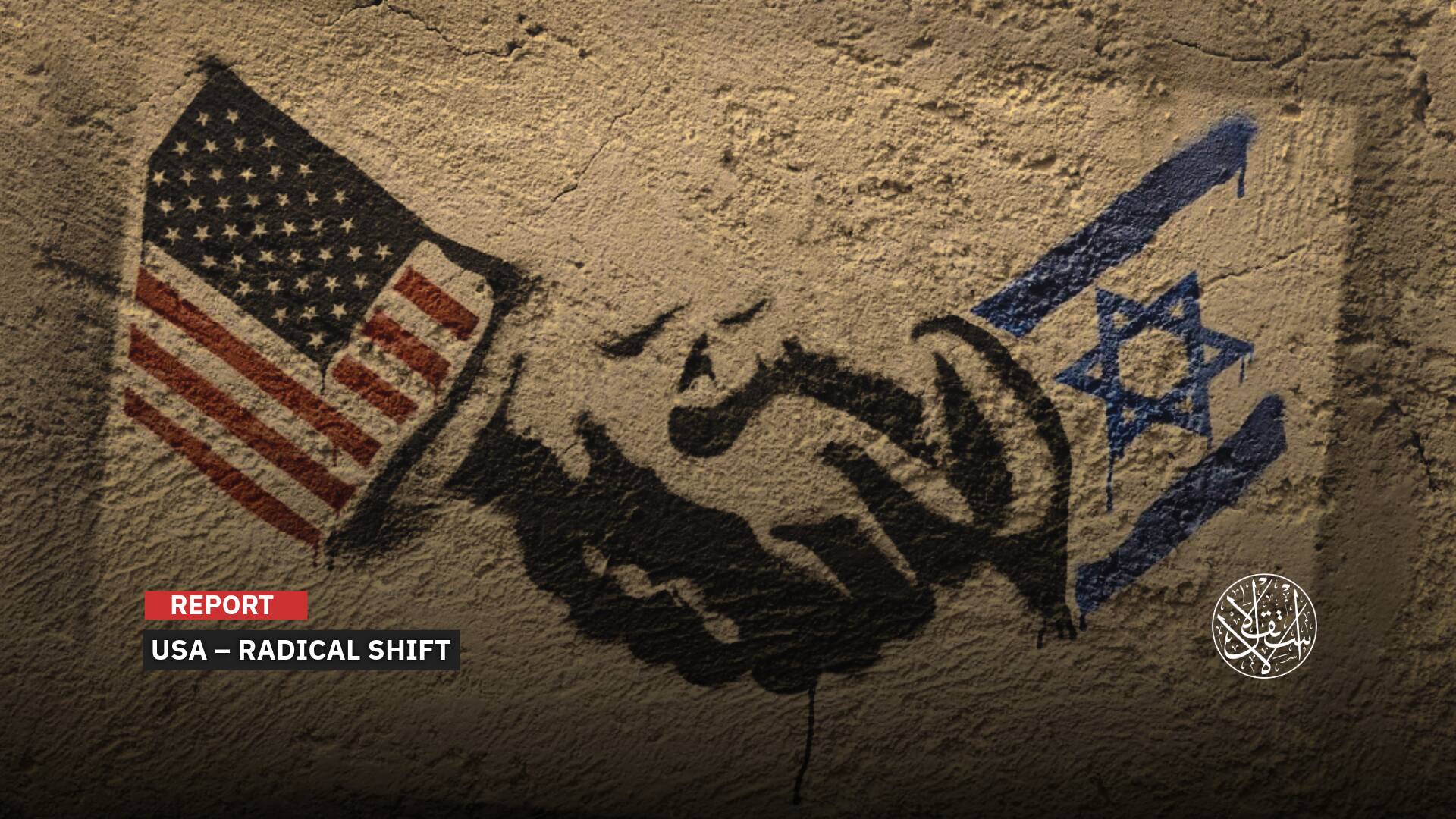How Did Sisi Militarize the Jobs of the Egyptian State?

President Abdel Fattah el-Sisi of Egypt has tightened his grip on the country’s bureaucracy by requiring all new and promoted civil servants to undergo military training, a move that critics say aims to ensure loyalty and generate revenue for the armed forces.
Last month, the cabinet issued a directive ordering state institutions to enroll anyone seeking a government job in a six-month course at the Military Academy, a prestigious institution that has produced many of Egypt’s leaders.
The directive applies to a wide range of positions, from teachers and engineers to diplomats and judges. It marks the first time in Egypt’s history that such a requirement has been imposed on civilian employees.
Sisi, a former general who came to power after ousting the elected Islamist president Mohamed Morsi in 2013, has presided over a sweeping crackdown on dissent and expanded the military’s role in the economy and society.
He has also taken a personal interest in the hiring process for some ministries, attending tests for job applicants at the Military Academy since February.
According to his spokesman, Ahmed Fahmy, Sisi spoke with some of the candidates to “get their visions and ideas about the job they are applying for.”
Government sources told the Egyptian website Mada Masr that the military training was motivated by both financial and political considerations, as the academy would charge fees for the courses and ensure that new hires were aligned with Sisi’s agenda.

Militarization of Jobs
The Egyptian government is training applicants for jobs in the transport sector at a military academy and a technology college, where they undergo medical and psychological tests and learn about technology and national security, the country’s transport minister said.
The minister defended the militarization of civilian jobs, saying that it was a way to select competent and loyal employees who could protect themselves and the country from threats.
“Welcome to militarization if the selection of employees will be according to this method,” he said.
“What is wrong with teaching applicants security in order to protect them and immunize them from evils? We are targeting the recruitment of competent national staff.”
A pro-government journalist, Ahmed Mussa, said on his television show that the applicants received the same level of qualification as those enrolled in military and police colleges during the six-month training course.
He also said that intelligence and national security agencies conducted background checks on the applicants to ensure their allegiance to Egypt.
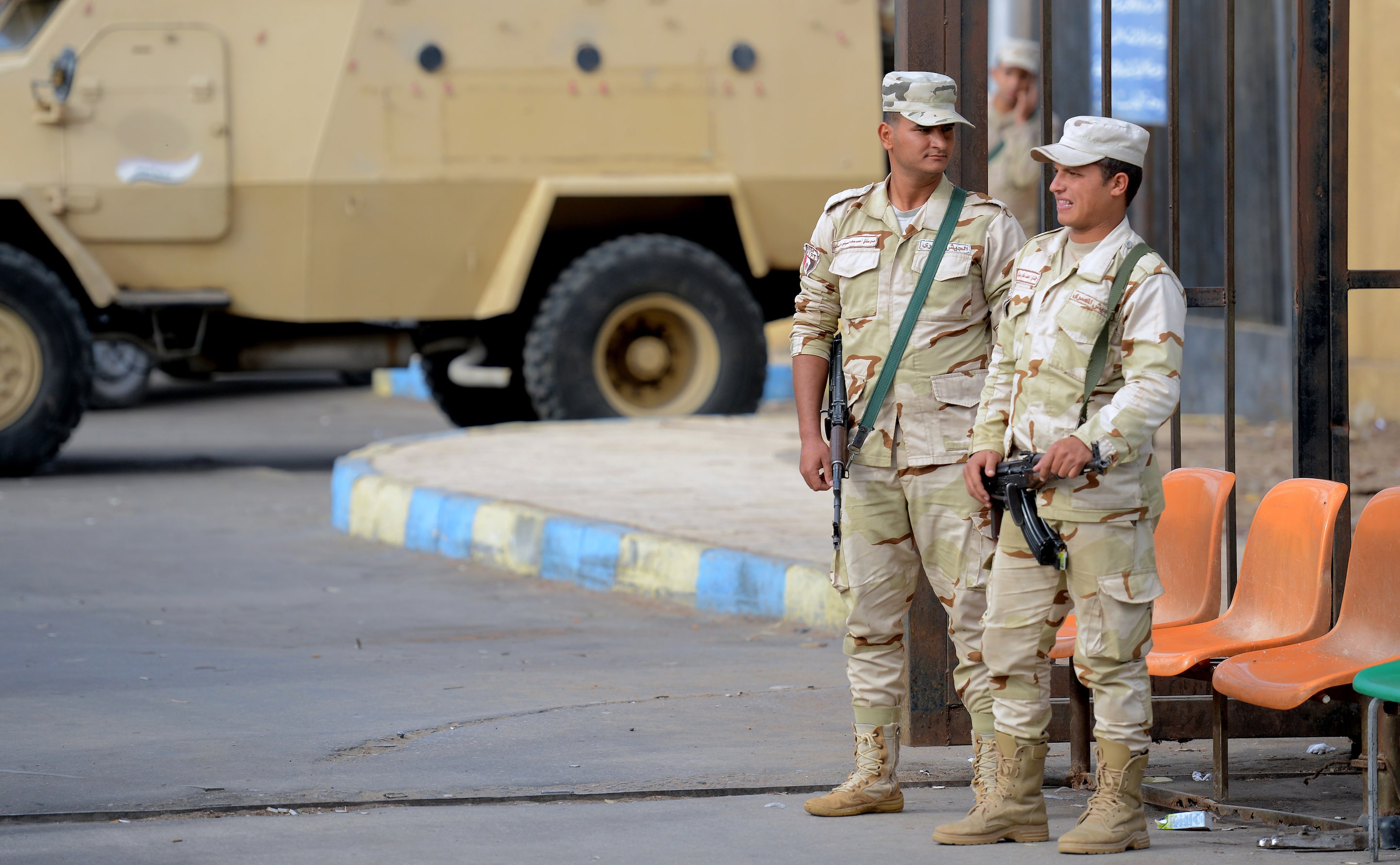
Militarization of Promotions
A source at the Ministry of Education in Egypt told Mada Masr that passing a course at the Military Academy has become a prerequisite for promotion in any job within the ministry.
The source, who spoke on condition of anonymity for fear of reprisal, said that the course involved many procedures and tests and was part of a presidential initiative to select 1,000 school principals from young teachers.
The source’s account corroborated the statements of the Minister of Education, Tarek Shawki, who announced a few days ago that the selected teachers would receive six months of comprehensive training with full residency and would earn a diploma in “educational leadership and national security.”
The diploma, according to Shawki, would qualify them to take over the management of schools.
The decision to link promotions to military training has drawn criticism from some former officials and human rights activists.
Ezzedine al-Komi, a former parliamentarian and human rights defender, told Arabi21, an online news platform, that the decision was “a precedent in the history of the country and violated the law and the constitution.”
He added that the purpose was to exclude employees who had any affiliation or sympathy with Islamists or religious groups and to indoctrinate them to ensure their loyalty to the military institution rather than the state.
He cited the example of the Minister of Transport, Kamel al-Wazir, a former military officer, who said he did not mind the militarization of jobs if employees were selected based on the military approach. “This means that the teacher, train driver, and conductor are turned into a military sergeant and informant if they want to get a job,” al-Komi said.
“We wonder why the Central Agency for Organization and Administration does not conduct the necessary tests for employees of the state’s administrative sector, which is authorized to do so.”

Violation of Law
Egypt’s Minister of Finance, Mohamed Maait, announced recently that the government would hire 70,000 new employees in the public sector, including 30,000 teachers and 30,000 doctors and pharmacists.
The government has allocated 3.7 billion pounds ($119 million) for the appointments, which come after years of suspension in the state’s administrative apparatus.
Maait made the announcement during his speech to the House of Representatives, the lower chamber of Egypt’s parliament.
The new hires will not have to undergo military qualification courses from the Military Academy or pass tests and qualifying courses, as required by the Civil Service Law. Some observers have criticized this law as unconstitutional and contrary to the law.
The public sector in Egypt employs about 5.5 million people in ministries, local administration units, and government agencies and bodies. -Sisi and other officials have often described them as a heavy burden on the state budget and said that only about one million employees are useful.
Sarah Morshedy, a political researcher, said that such military tests and qualification courses were “exceeding all the borders of the civil state and perpetuating the militarization of government sectors in clear violation of the law, which did not stipulate such matters.”
In her interview with Al-Estiklal, she said: “Never before has an Egyptian president attended the tests of applicants for civilian jobs through a military committee attended by the Supreme Commander of the Armed Forces, the Minister of Defense, and a number of military officials.
“This pictures the scene as if it were a committee to make a war decision not to appoint an employee in a school, hospital, or in the public transport sector, which makes it more like militarization,” Morshedy added.
“The militarization of the jobs is already accompanied by securitization; every official applicant must undergo a full security check before his appointment.
“If the applicant has no political affiliations, but his far-away relatives have any political ideas, he’s immediately expelled or refused from the position.”
She concluded: “So what do you expect from an employee who has no political thought and enters a military training, other than becoming a soldier of the regime not an employee of the state?”
Sources
- Sisi and the militarization of Egypt. Whoever applies for a government job must pass a military training course! [Arabic]
- Tests for civil jobs in Egypt under the direct supervision of the president. Support or militarization? [Arabic]
- "Military test" for applicants for civilian jobs in Egypt. and sarcasm [Arabic]





